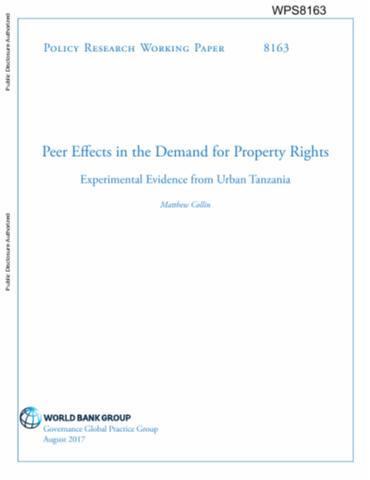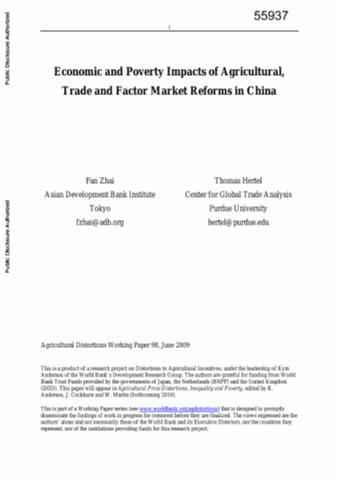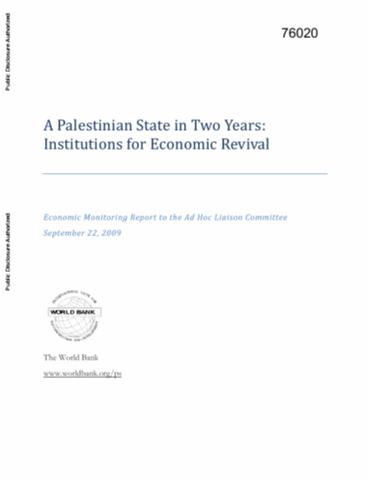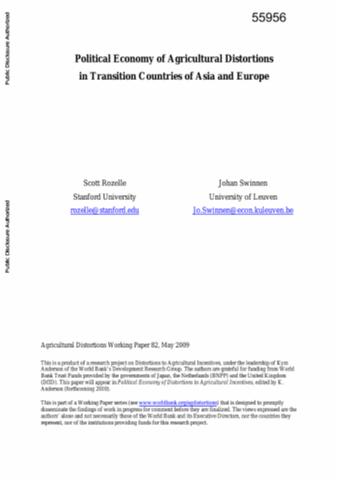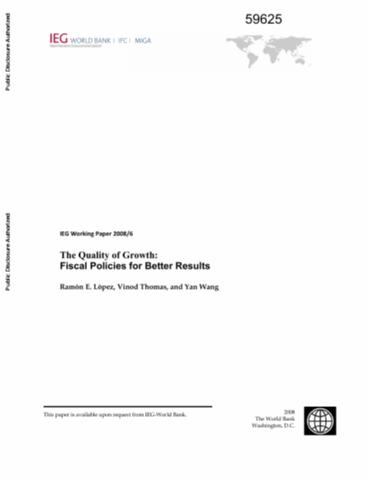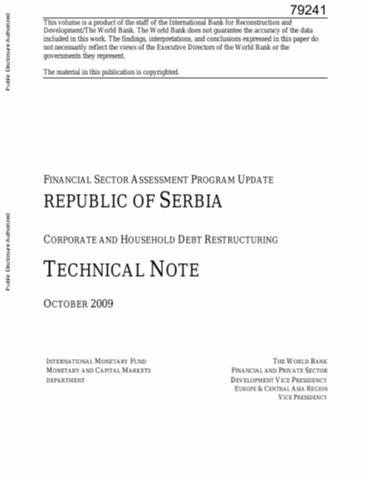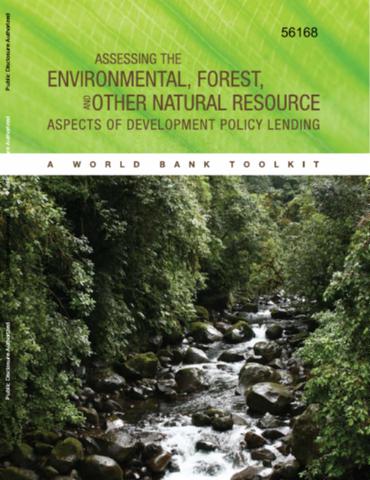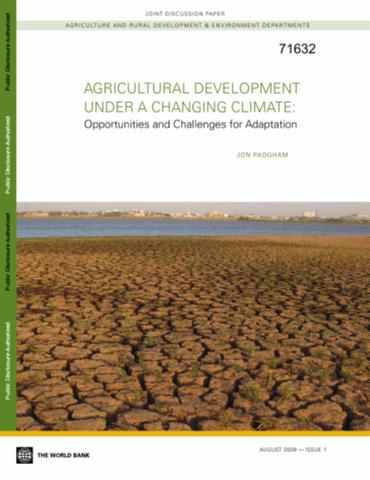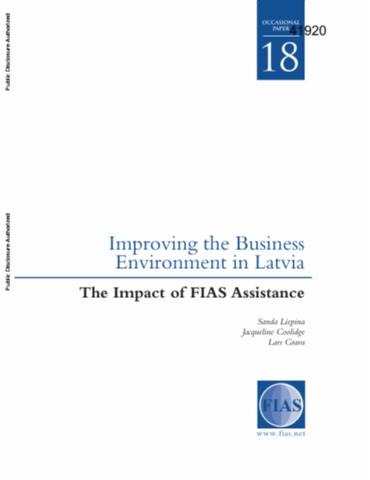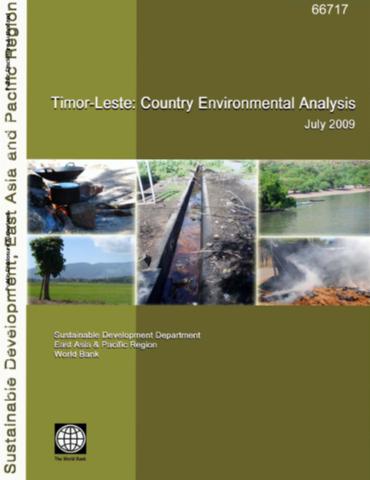Peer Effects in the Demand for Property Rights
This paper investigates the presence of endogenous peer effects in the adoption of formal property rights. Using data from a unique land titling experiment held in an unplanned settlement in Dar es Salaam, the analysis finds a strong, positive impact of neighbor adoption on the household's choice to purchase a land title. The paper also shows that this relationship holds in a separate, identical experiment held a year later in a nearby community, as well as in administrative data for more than 160,000 land parcels in the same city.

